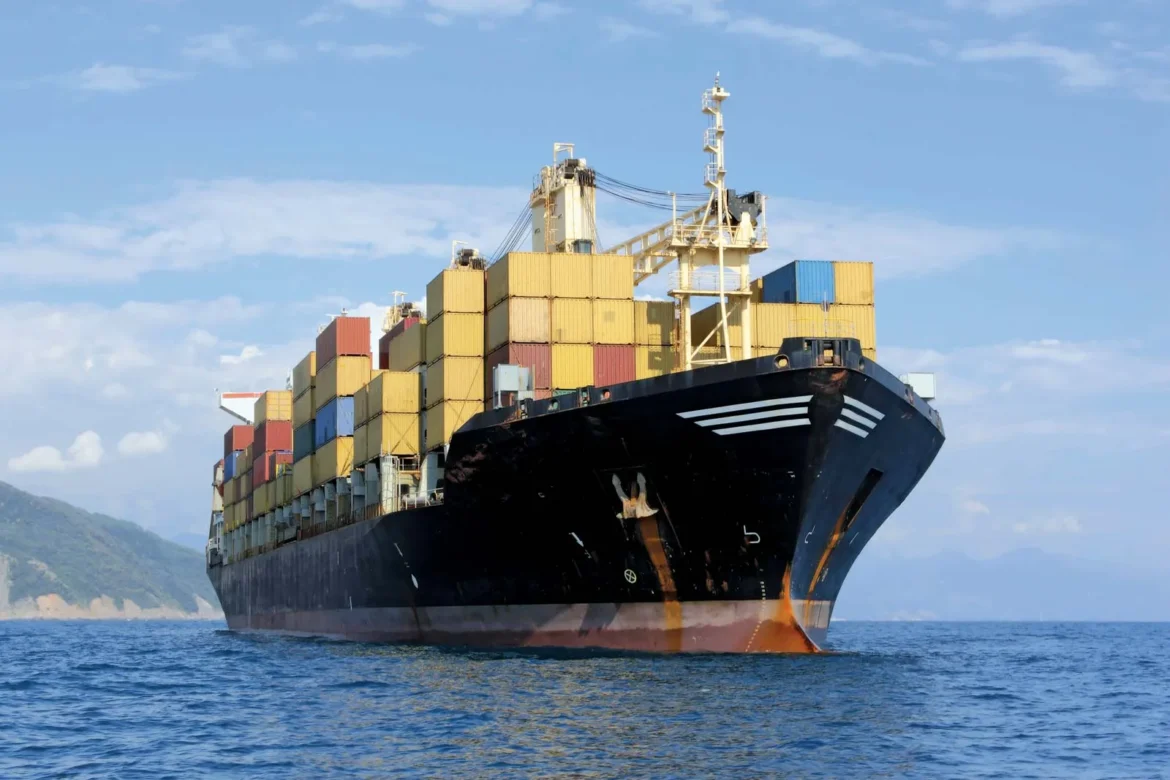Choosing the right shipping partner is one of the most important decisions any business can make. Whether you are delivering products across the country or exporting goods overseas, your shipping company will play a major role in determining how efficiently and reliably you serve your customers. In Australia, where distances can be vast and supply chains are highly interconnected, comparing providers carefully is essential to avoid delays, control costs, and protect your reputation.
When you begin evaluating Shipping Companies Australia, it is crucial to look beyond price alone. A thorough comparison should consider capabilities, technology, customer service, and other key factors that impact the performance of your logistics operations. Here are the most important elements to review before choosing a shipping partner.
Assess Service Coverage and Specialties
Every shipping company has different strengths and areas of focus. Some specialize in domestic freight and regional deliveries, while others excel at international shipping and customs management. Start by reviewing each provider’s service coverage to ensure they can handle your specific shipping lanes and destinations.
If your business ships specialized products—such as perishable foods, dangerous goods, or oversized equipment—confirm that your shortlisted providers have the experience and certifications required to transport them safely and in compliance with regulations.
Evaluate Speed and Reliability
Delivery speed and reliability are crucial for meeting customer expectations. Ask each company for detailed information about their average transit times and on-time delivery performance.
It can be helpful to request performance data, such as monthly or quarterly reports, to see how consistently the company meets deadlines. Also, find out how they handle delays or disruptions. Do they have contingency plans in place to reroute shipments or resolve problems quickly?
Review Technology and Tracking Capabilities
Modern shipping operations rely heavily on technology for visibility, efficiency, and communication. Evaluate whether each shipping company offers advanced tracking tools that allow you and your customers to monitor shipments in real time.
Look for features such as:
- Online booking portals
- Automated shipment notifications
- Proof of delivery updates
- Integration with your inventory or order management systems
The more transparency and control you have over your shipments, the easier it will be to manage expectations and respond to issues.
Compare Pricing and Fee Structures
While cost should not be your only consideration, it is important to understand how each provider structures their fees. Request detailed quotes that include all potential charges, such as:
- Fuel surcharges
- Customs brokerage fees
- Handling costs
- Insurance premiums
Compare not just the base rates but the total landed cost for your most common shipments. Watch for hidden fees that can quickly add up and impact your margins.
Check Certifications and Compliance
Shipping companies that move goods domestically and internationally must comply with a range of regulations. Confirm that each provider holds the proper licenses and certifications for the services they offer. These might include:
- Australian Government Department of Home Affairs accreditation for customs brokerage
- International Air Transport Association (IATA) certification
- Australian Quarantine and Inspection Service (AQIS) compliance
Reputable providers should be transparent about their certifications and willing to explain how they ensure compliance at every step.
Investigate Customer Support
Responsive customer service is critical, especially when problems arise. Ask about each shipping company’s customer support policies and hours of operation.
Consider whether you will have a dedicated account manager who understands your business and can act as a single point of contact. Also, find out how quickly you can expect updates or assistance if shipments are delayed, damaged, or lost.
Review Reputation and References
A shipping company’s track record speaks volumes about its reliability. Look for online reviews, testimonials, and case studies that highlight their experience with businesses similar to yours.
Request references from current clients and ask them about their satisfaction with communication, timeliness, and problem resolution. A well-established reputation is often the best indicator of dependable service.
Evaluate Sustainability Practices
Sustainability is increasingly important in logistics. Ask prospective shipping companies about their environmental policies and initiatives. Do they use fuel-efficient vehicles or offset their carbon emissions? If sustainability is part of your brand values, aligning with a provider that shares your commitment can strengthen your credibility with customers.
Conclusion
Comparing shipping companies in Australia requires a balanced evaluation of cost, capabilities, technology, and service. By carefully assessing each provider’s strengths and weaknesses, you can find a partner who will deliver the reliability, visibility, and efficiency your business needs to thrive. Investing time upfront to make an informed choice will pay dividends in smoother logistics operations and happier customers over the long term.


